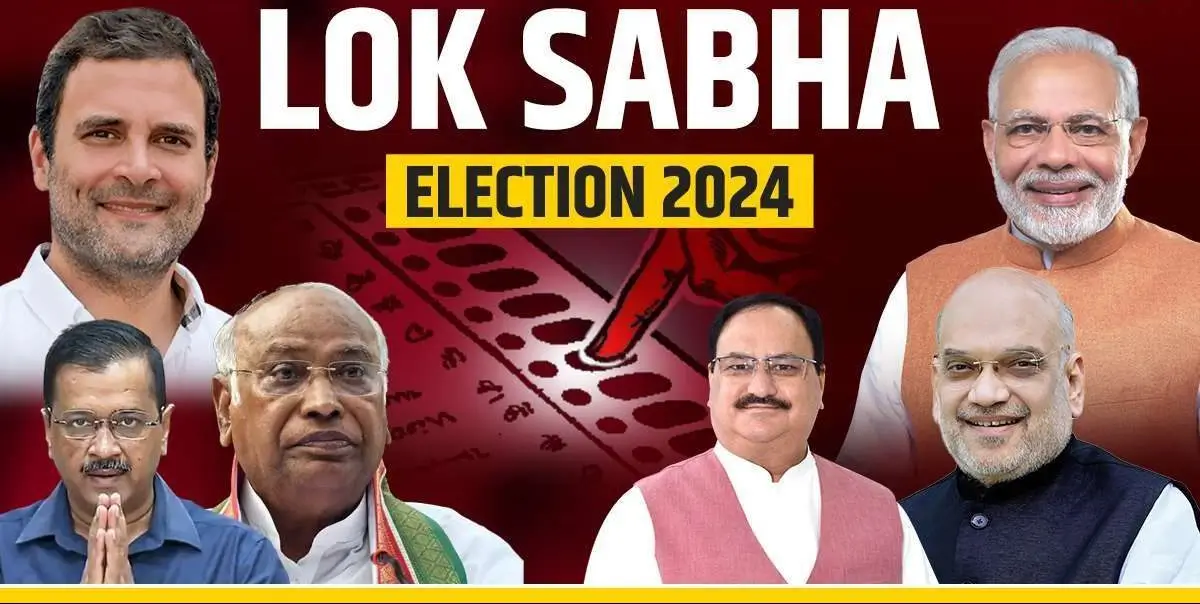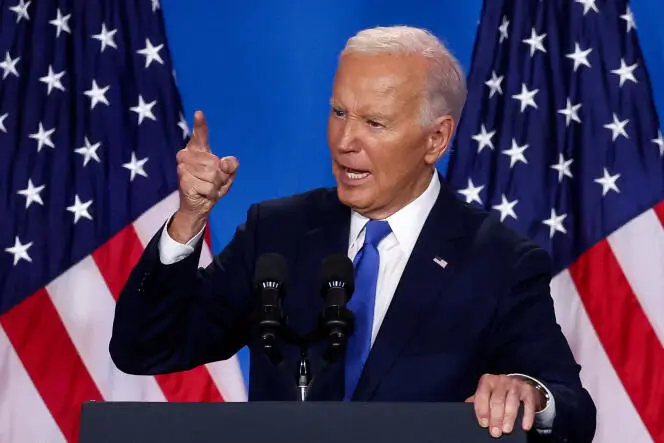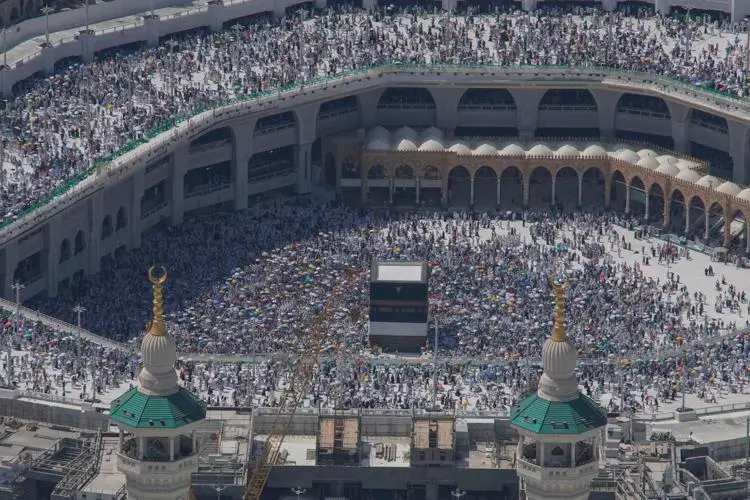The Lok Sabha elections, also known as the Indian general election, is one of the largest democratic exercises in the world. With over 900 million eligible voters and more than a million polling stations across the country, it is a massive logistical challenge to conduct and manage these elections.
But have you ever wondered how exactly are votes counted in the Lok Sabha elections? Who is responsible for this crucial task? Let’s take a look at the process of vote counting and understand who oversees it.
The Role of Election Commission
The Election Commission of India (ECI) is responsible for conducting and supervising Lok Sabha elections. Established in 1950, it is an independent constitutional body vested with the powers to oversee the entire electoral process, including vote counting.
The Process of Vote Counting
The counting of votes for Lok Sabha elections is done at designated counting centers set up by the ECI. According to the Representation of People Act, 1951, each constituency has a separate counting center where all the ballot boxes from various polling stations are brought and stored securely until the day of counting.
On the day of counting, sealed ballot boxes are opened in the presence of candidates or their election agents. Each vote is counted manually by trained officials who tally them with the votes recorded on Electronic Voting Machines (EVMs).
Role of Returning Officers
Returning Officers (RO) play a crucial role in overseeing and conducting this process. Appointed by the ECI, ROs are responsible for counting votes, declaring results and ensuring that the entire process is conducted in a fair and transparent manner.
In case of any disputes or discrepancies, the RO has the power to order a recount of votes. They also have to submit their final report to the ECI with all necessary details of the election, including number of votes cast and valid/invalid votes.
Challenges Faced During Vote Counting
While every effort is made to ensure smooth and accurate vote counting, there have been instances of errors or discrepancies in past elections. Some common challenges faced during vote counting include human error, invalid or mishandled ballots, malfunctioning of EVMs or tampering with voting machines.
To address these issues, the ECI has implemented strict guidelines and protocols to be followed during vote counting, and also allows for video recording of the entire process to ensure transparency.
The Final Results
Once the votes are counted, the RO declares the final results for each constituency. These results are then sent to the ECI headquarters in New Delhi, where they are tallied and verified before being officially declared.
The political party or coalition with a majority of seats (272 out of 543) is invited by the President to form the government at the center. In case no single party has a clear majority, alliances are formed between different parties to reach a majority and form a government.
In conclusion, vote counting is an integral part of Lok Sabha elections that determines the fate of the country for the next five years. It is a massive responsibility that requires accuracy, transparency and fairness, and is overseen by various authorities to ensure a smooth and successful electoral process.
So, it is important for citizens to exercise their right to vote and participate in this crucial democratic process. So, make sure you cast your vote in the upcoming Lok Sabha elections and be a part of shaping the future of our nation! #YourVoteMatters.
For more such related news, checkout Trendingwork.com.




